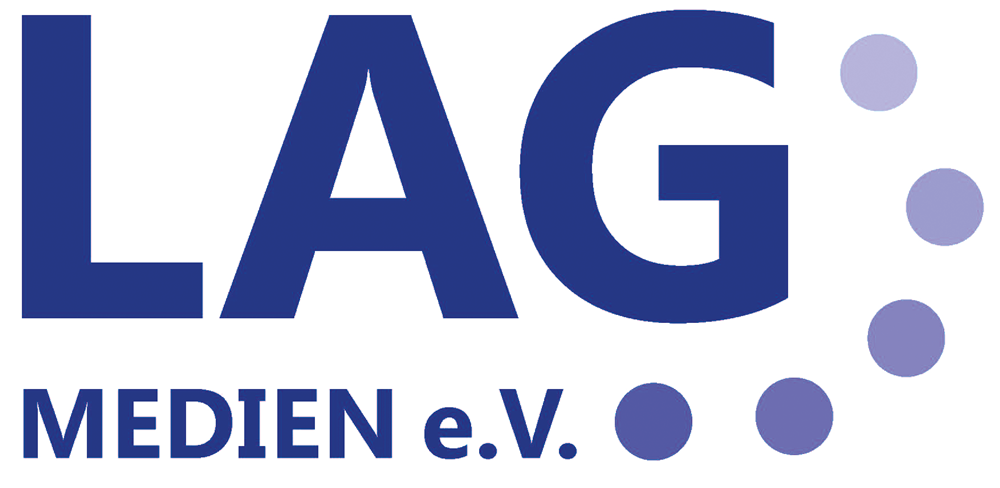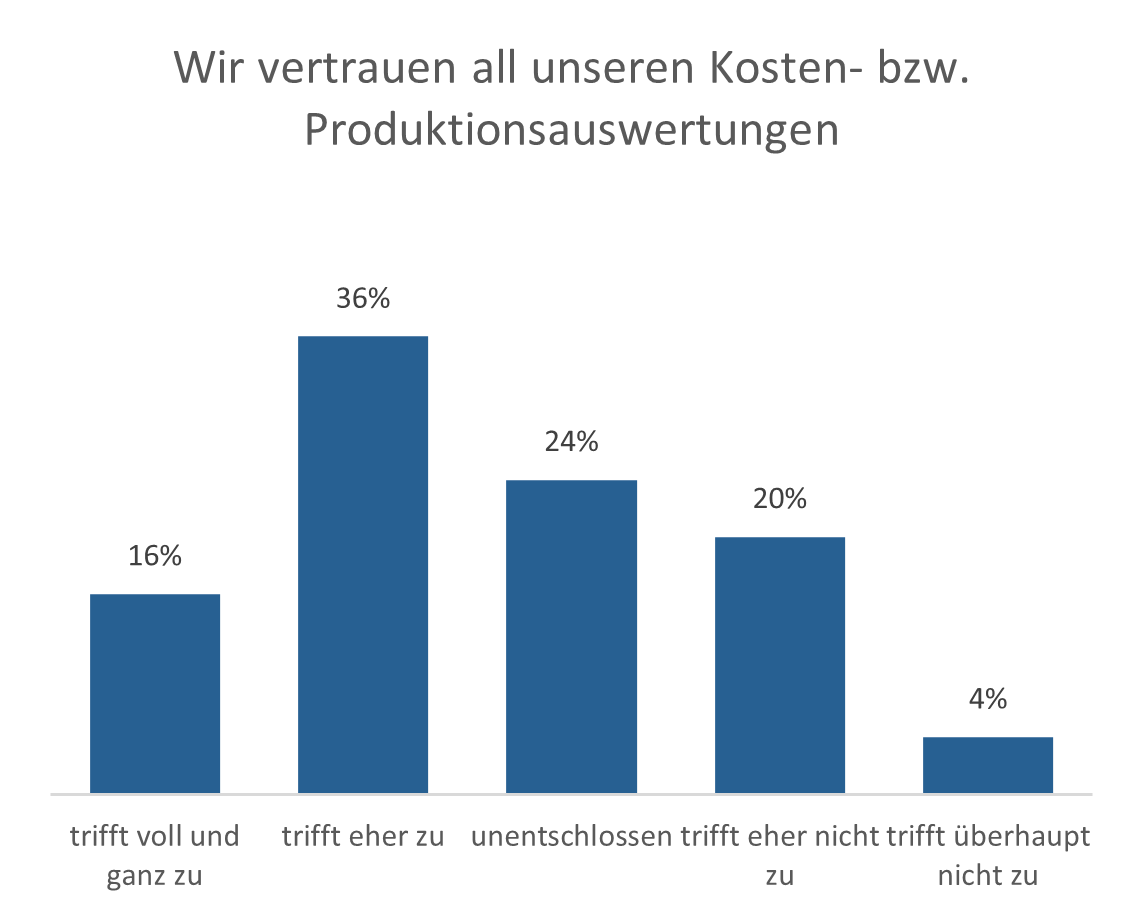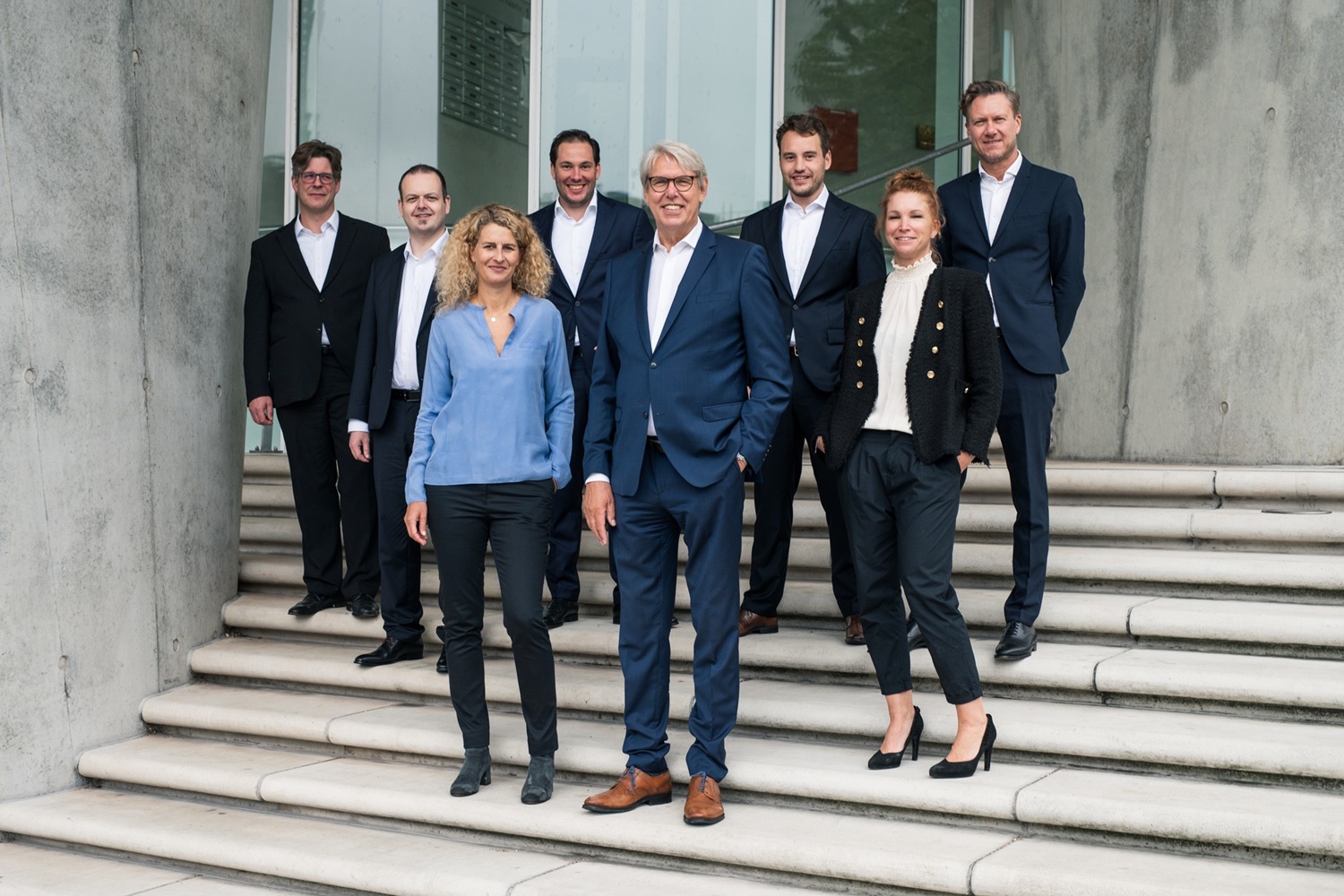P3 3-4/2022 en
Apenberg & Partner
“Have a Good Plan! Let the Others Talk!”
Industry Interview
The Hamburg-based management consultancy Apenberg & Partner has been in existence for 35 years and is well established in the printing and packaging industry. The consulting services offered include support with strategic realignment, restructuring, the sale of the company and the direct search for executives and specialists. A recent survey conducted by the company found, among other things, that 76% of respondents do not fully trust their own data and rarely fully investigate process engineering errors. Time for an interview: P3 spoke to managing director and namesake Michael Apenberg about digitization, skilled workers and the general health of the industry.
Michael Apenberg, Managing Director of the Hamburg management consultancy Apenberg & Partner GmbH.
Mr. Apenberg, would you like to start by briefly introducing yourself and your company?
Apenberg & Partner was founded in Hamburg in 1987. Up until this point I had held various management positions in sales and marketing at Agfa-Gevaert AG, Graphic Division, Leverkusen/Antwerpen. Apenberg & Partner is one of the leading management consultancies in the printing, packaging and paper industry as well as print media. Our customers are medium-sized companies and corporations in the graphics supply industry. With 250 customers and more than 1,000 projects, we are one of the top addresses in the industry.
A recent survey conducted by Apenberg & Partner came to the conclusion, among other things, that 76% of the entrepreneurs and department heads surveyed do not trust their own data. At the same time, another survey came to the conclusion that 85% of all print shops are planning to increase their liquidity within the next twelve months. If you take both together, the result is a slightly disturbing picture. In your opinion, how is the printing industry doing at the moment?
The results also surprised us with their clarity. On the other hand, with the exception of online printers, the demand to support decisions based on data is not particularly pronounced in the printing industry.
What do providers of established MIS/ERP systems find today when they come to print shops for a presentation or to assess requirements, and how much trust is placed in them?
Companies dealing with the introduction of an MIS/ERP system are usually insufficiently prepared. They underestimate the strategic relevance of introducing a new ERP system. In our opinion, there is too much confidence that the respective IT system will be able to fully map future company requirements anyway.
Is comprehensive software support perhaps also a question of generations?
We don't think so. The awareness of optimally positioning one's company digitally is cross-generational. However, young managers make their decisions much more fact-based.
Criticism of the available solutions has already been voiced in earlier surveys, especially when it came to the time-consuming and costly implementation phase. Is the industry software available on the market not being developed close enough to user requirements, or are printers often unaware of their own processes and are therefore unable to map them precisely?
The latter is the case. As said before: If you don't have a clear business plan, you shouldn't implement an ERP system.
Industry 4.0 and digital transformation have dominated industry and business for years. Has the printing industry misjudged the trend or the necessity, or where do you see the reasons for the sometimes considerable pent-up demand?
As in all sectors, the printing industry is also very interested in digital transformation. However, the importance of digitization for future business is underestimated. From our consulting practice, we can confirm that there is a considerable backlog in the industry. If you cannot strategically answer the requirements of digitization in your own company, you will fail due to the complexity of the tasks.
An almost heretical question: is a print shop that has little process-accompanying IT support logically less susceptible to cyberthreads? The topic of cybersecurity, which is increasingly coming into focus, requires additional – often not inconsiderable – resources that have to be raised beyond the actual digitization.
You're addressing a sore spot in all medium-sized companies. Not only in the printing industry. Cyber security is increasingly on the agenda and requires professional support.
In the printing industry, liquid funds are primarily obtained by selling (and possibly renting back) fixed assets. Is there a lack of attractive and visionary financing models, or do you think this is the end of the road?
The best way to generate cash is to run a consistently profitable business. In view of the motto “liquidity before profitability”, I can. however, understand why companies improve their liquidity this way by dissolving their hidden reserves. However, they should note that renting back usually comes at a higher cost, which puts additional pressure on profitability.
The top 5 for raising funds also included – somewhat surprisingly – a more consistent dunning process. Is there really untapped potential there – and does the payment behavior show a lack of respect for the performance and product quality of the printing companies?
Somebody has to finance the working capital. Make a decision! Who needs customers who don't pay. No one! From my point of view, a consistent dunning process is absolutely necessary. If you don't do this, customers will align their payment terms with their suppliers.
Have you observed an increase in insolvencies during the years of the pandemic and now in the face of the Ukraine war, supply and energy (cost) crisis? And if so, how viable and at all feasible are the current continuation and takeover concepts?
To date, there has been no sign of an increase in insolvencies. The number of companies that have had to file for bankruptcy is lower than before the pandemic. Insolvencies will increase again in the future. In our estimation, however, we will not experience a catch-up effect.
In your view, is the ongoing shortage of skilled workers still perceived as a major problem, or has the focus shifted to other concerns?
This is the top issue of this decade and is endangering the growth of healthy companies in many places. From our point of view, companies need to rethink their recruiting strategy and focus more on recruiting and training career changers. We at Apenberg & Partner are about to start a comprehensive study on this topic.
Is there a problem area that we haven't talked about yet?
Every industry has its challenges. To ensure that this doesn't lead to new problem areas, we should all think more about solutions and implement them consistently.
Final question: What would you advise small and medium-sized printing companies to be well positioned in the future?
Have a good plan! Implement this actively. Let the others do the talking!
Mr. Apenberg, thank you very much for the interview!
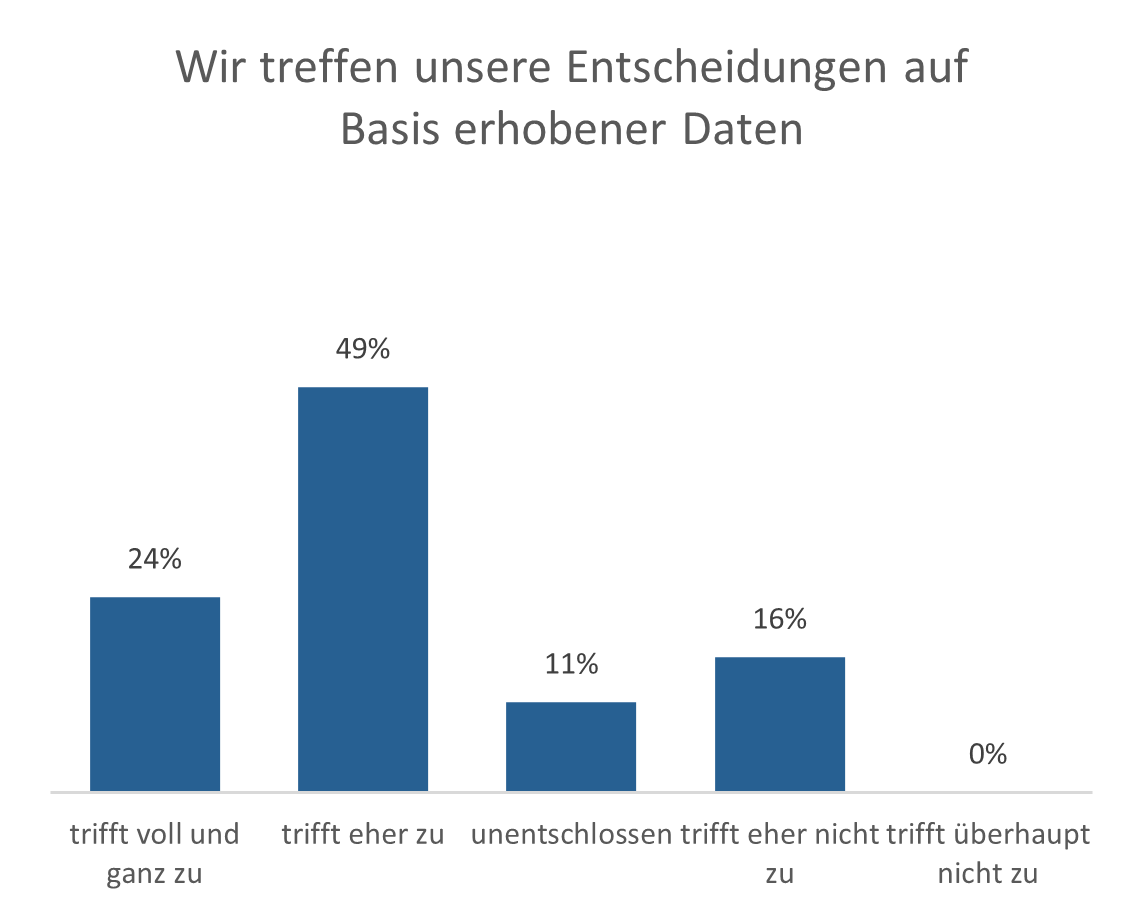
76 percent of the participants stated that they do not always make decisions based on the data collected. The larger companies become, the more data forms the basis for decisions.
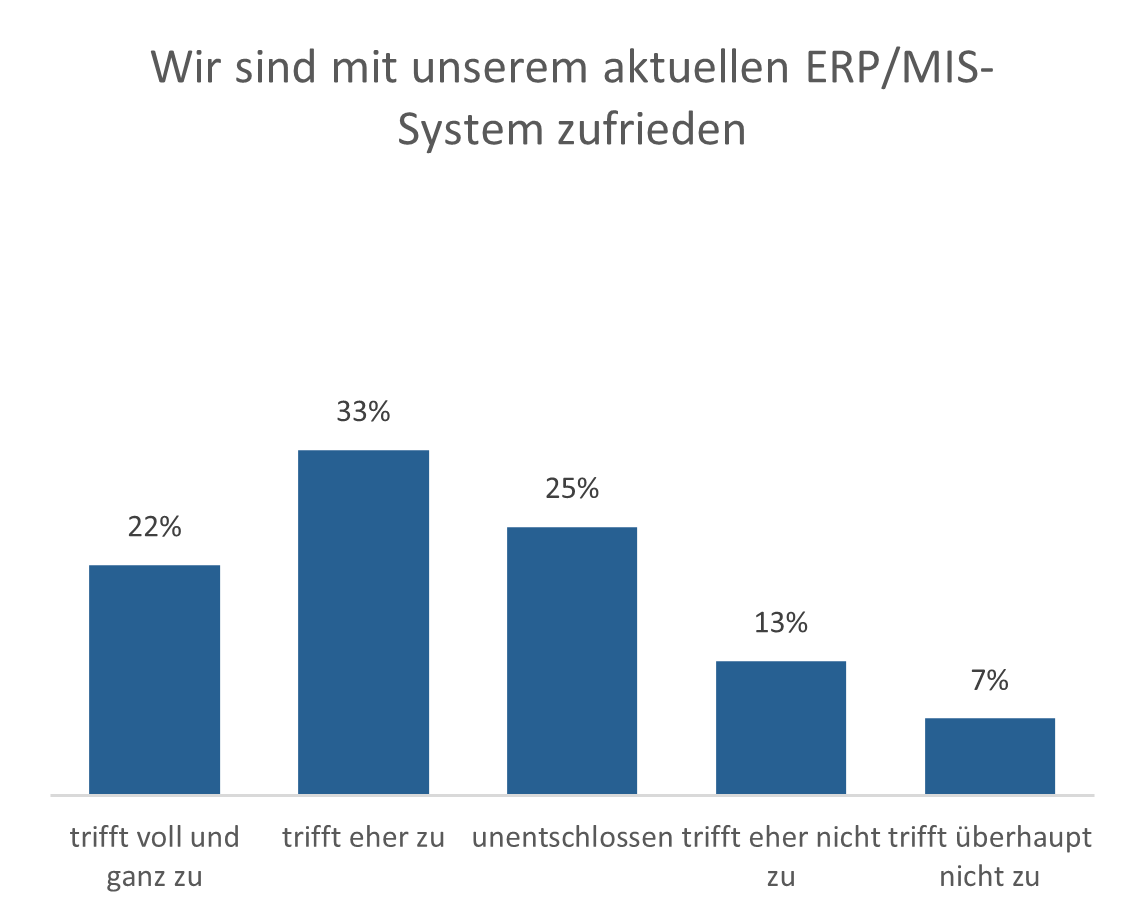
A detailed analysis of the answers shows a correlation between the availability of interfaces and satisfaction with the ERP/MIS system: Those whose systems can be designed flexibly via interfaces have a higher degree of satisfaction - and vice versa.
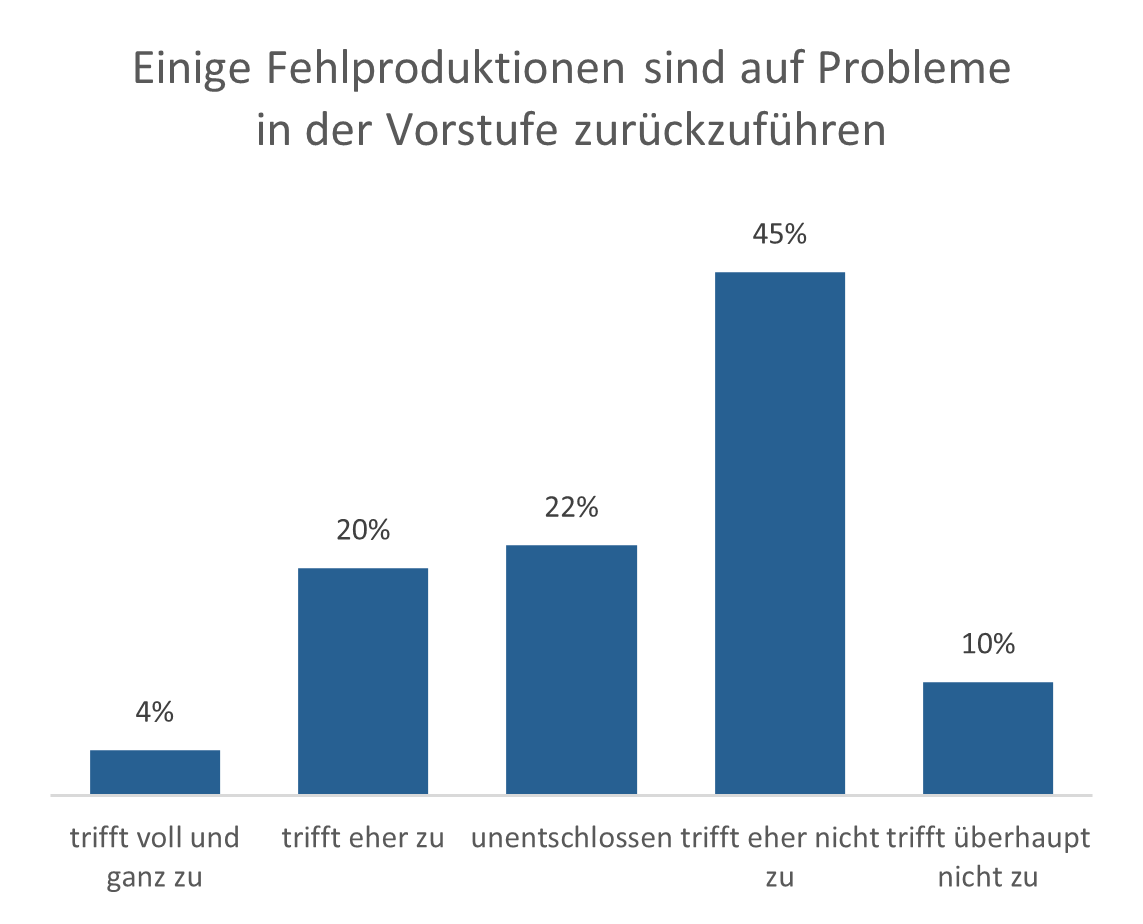
24 percent of companies have production errors due to errors in prepress. The lower the degree of automation in prepress, the greater the error rate.
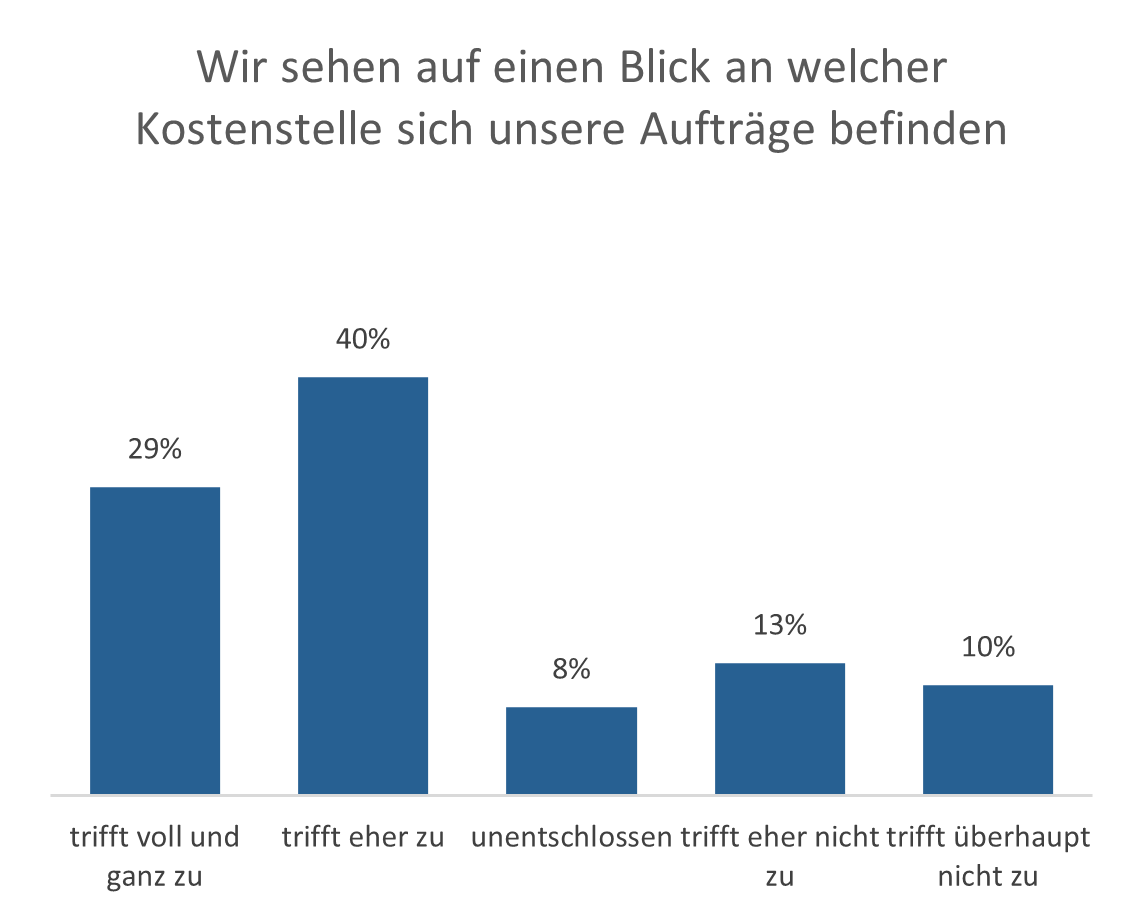
31 percent of companies are unable to digitally track current orders in production. Here, when customers have questions, the employees are dependent on obtaining the information at great expense.
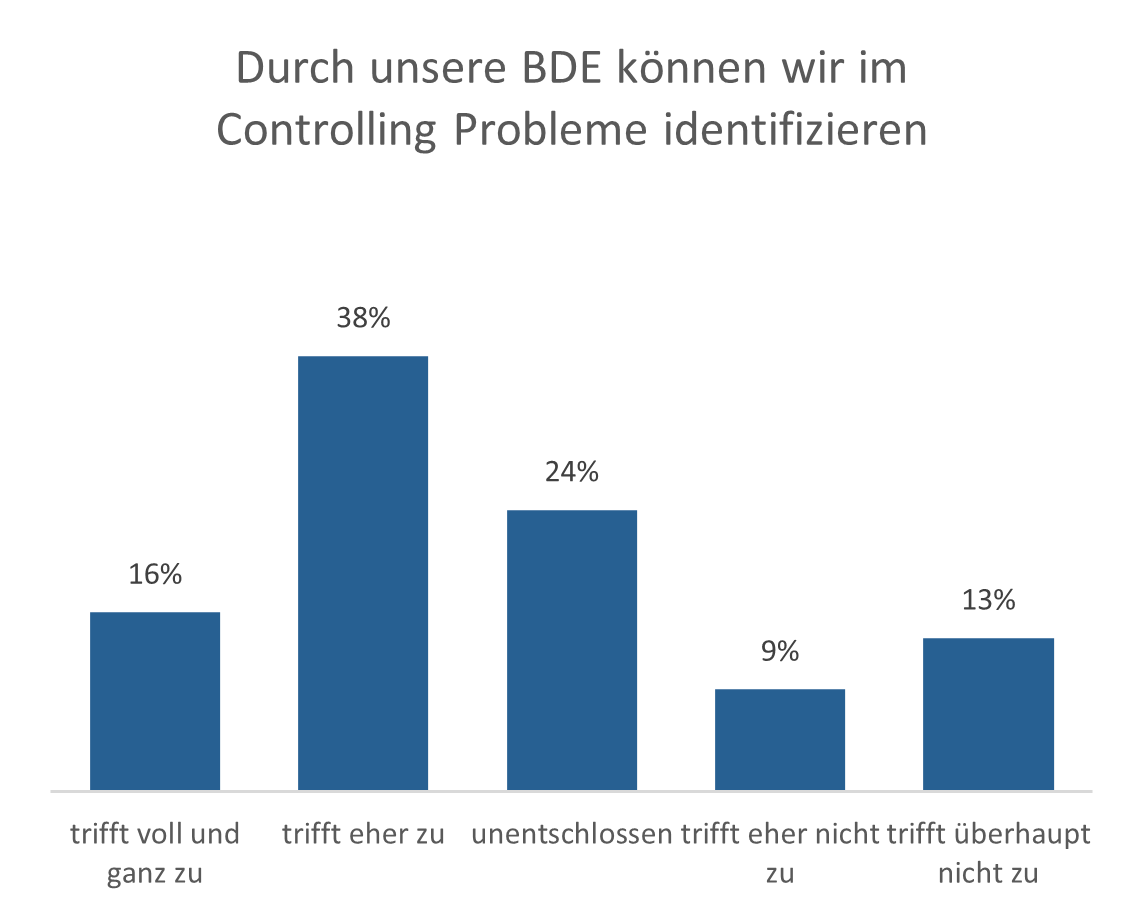
16 percent of the companies support the thesis that their controlling benefits greatly from the collection of operating data. 46 percent of the participants, on the other hand, do not believe that their controlling can identify problems through the collection of production data.
Editor: sbr
Images: Jan Northoff [1,8]; Apenberg & Partner [2-7]



